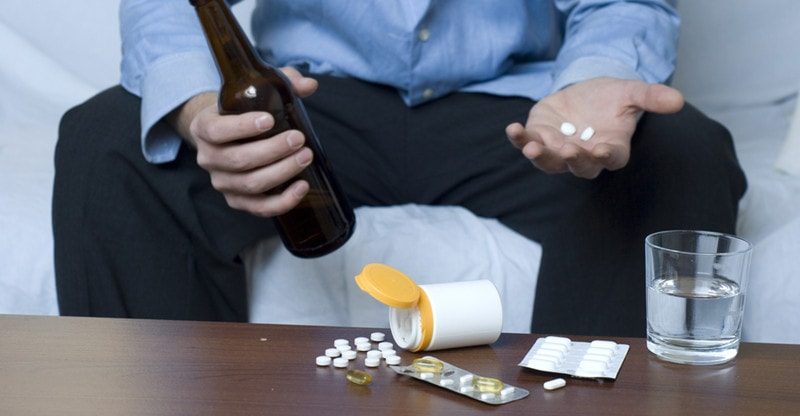
Stages Of Drug Addiction Recovery – Life Space
As an individual’s addiction worsens, its impact on them is likely to become increasingly severe. During this stage, an addict is aware of substance reliance’s adverse effects, but they continue justifying their actions. Some people might even acknowledge that they have a drug addiction that needs to be addressed and reduce the amount of substance intake.
Individuals in the precontemplation stage prefer remaining active substance users and do not want to initiate the rehabilitation process. At this stage, the perceived advantages of using the drug seem more than its disadvantages.
2. Contemplation
A drug addict will transition from the precontemplation stage to the contemplation stage after recognizing that the limitations of substance abuse are more than the perceived benefits. In this stage, the individual involved in drug abuse is aware of how the vice affects his or her life negatively. As a result, many people in the contemplation stage are open to entertaining the idea of going to rehab and getting substance addiction recovery.
If these individuals are further interrogated about their addiction, however, they often find excuses as to why they cannot go to rehab immediately. For instance, a person fighting addiction might cite his or her job as the reason for continued drug use.
3. Preparation
A drug addict will transition from the contemplation stage to the preparation stage once they clearly understand that the repercussions of abusing substances are severe and exceed the possible benefits. They then make up their mind to change their behavior and become sober.
Individuals in this stage acknowledge the need for them to seek treatment, and they are willing to get help from family members and well-wishers. Most individuals in this stage are also researching different recovery approaches, and they develop an action plan that could guide them to soberness.
4. Action
Once individuals are aware of the need to seek treatment and accept interventions from family members and friends, they transition to the action stage. During the action stage, the addict initiates the process of drug addiction recovery. Most people do this by enrolling in an addiction recovery center, joining an addiction recovery support group, or using any other resource to sober up.
The individual shows commitment towards altering his or her lifestyle in order to achieve a full recovery. An addict in this stage would even start learning specific skills and seeking information that could help him or her with the recovery. Some other steps that an addict would take include creating a diet to follow, creating career plans, and setting fitness goals.
Keeping fit allows the former addict to develop new routines that eliminate the triggers of drug use by enabling him or her to derive satisfaction from activities other than intoxication. According to AION Health, a leading recovery center in South Florida, “one of the immediate benefits of physical activity on the brain is reduced short-term feelings of anxiety for adults.”
5. Maintenance/Recovery
This stage involves maintaining the steps taken in the action stage. The stage is critical for former abusers of substances who are determined to ensure that they complete their drug addiction recovery process and abstain from drugs. This is the most crucial stage in the addiction recovery process, and many people experience relapse here.
An addict must take this stage seriously and utilize alumni programs, aftercare services, and support groups to remain sober in addition to preventing a drug relapse.
Once an individual has maintained substance abstinence, their recovery is complete, and they can live a sober lifestyle. In fact, there is no need for measures to prevent drug relapse. The former addict has already established healthy relationships and maintained them. In most cases, such persons have already achieved financial independence, regained their good health, and are in stable employment.
This content was originally published here.






